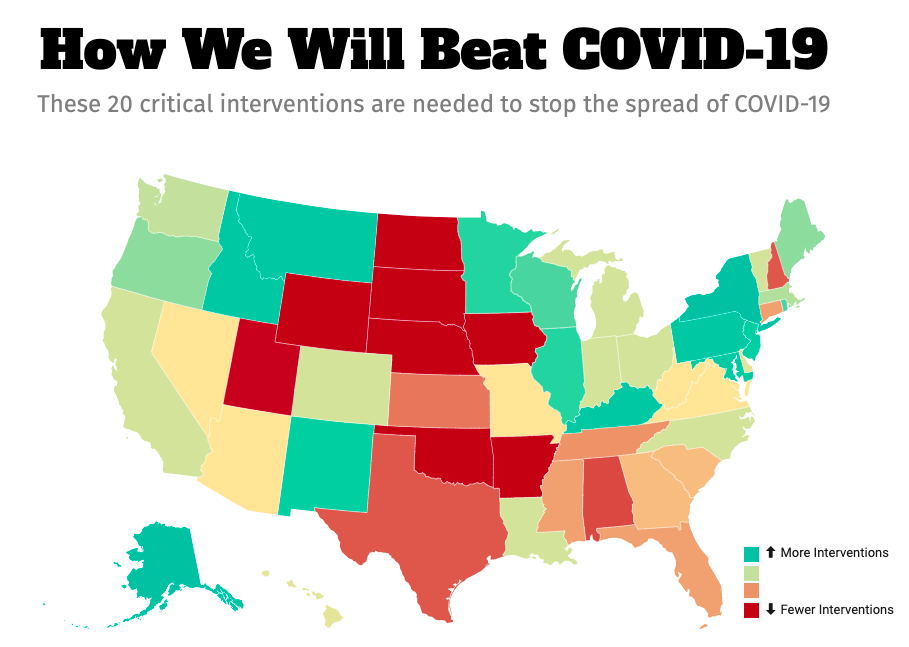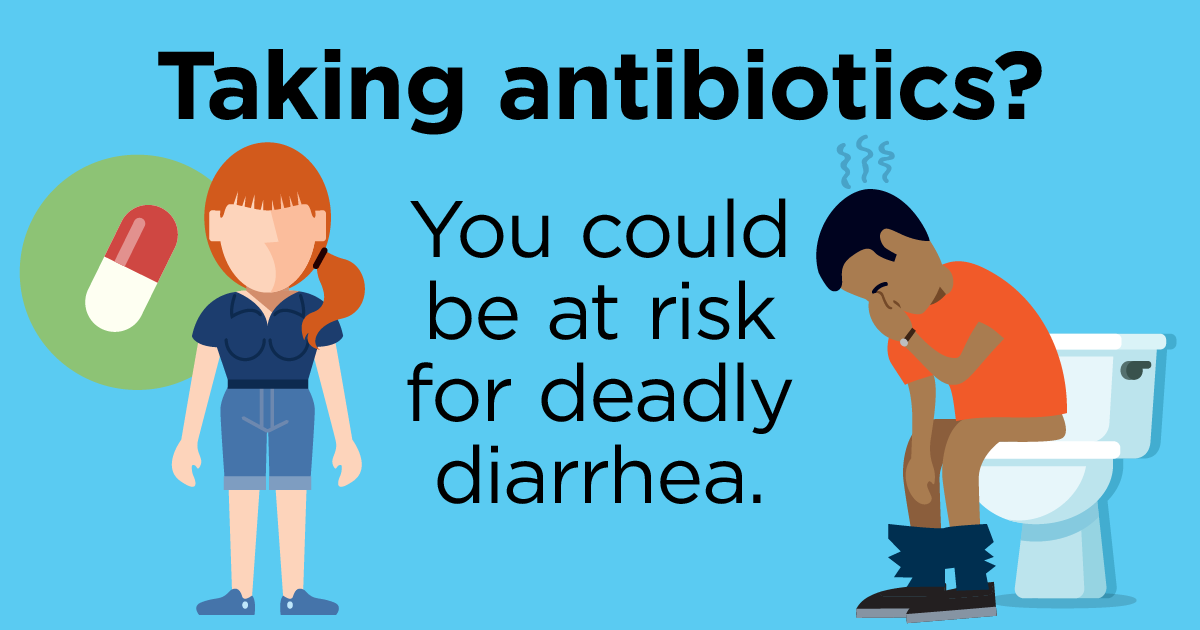The general consensus among health officials and experts is. People of all ages can be asymptomatic and can still spread the virus to others.
 A New Study Indicates Asymptomatic People Are Still Highly Contagious By Andy Slavitt Medium Coronavirus Blog
A New Study Indicates Asymptomatic People Are Still Highly Contagious By Andy Slavitt Medium Coronavirus Blog
This is thought to be true for the novel coronavirus too although officials.

Are asymptomatic people contagious. Testing of asymptomatic people during this 3-month period is complicated by the fact that some people have detectable virus from their prior infection during this period. Published in the peer-reviewed medical journal The BMJ the researchers. Preliminary evidence from the earliest outbreaks indicated that the virus could spread from person-to-person contact even if the carrier never develops symptoms.
WHO has maintained that asymptomatic people can transmit COVID-19 but more research is required to. If you test positive and youre completely asymptomatic at least theoretically somewhere around 14 days or so you probably arent shedding virus that would be able to infect somebody else. In fact oftentimes infectious viruses arent detectable.
However a recent study in Wuhan suggested that asymptomatic coronavirus patients are unlikely to be as contagious as those who show symptoms. Asymptomatic individuals are less contagious than people showing symptoms. Early research showed that people with lower viral loads transmit less virus further suggesting that asymptomatic infections are less contagious than.
That meant people with symptoms and those who are asymptomatic. Asymptomatic spread has been one of the most mysterious and haunting aspects of SARS-CoV-2 the virus that causes COVID-19. The most recent guidance from the Centers for Disease Control CDC still states that the virus can be spread by people who do not have symptoms In fact the CDC claimed that asymptomatic people.
And that means that some current screening efforts like regular temperature checks or testing programs that largely target individuals who are seriously ill are likely to miss many silent carriers. About 35 of the asymptomatic spread comes from people in that pre-symptomatic group while 24 comes from those who never develop symptoms. That is why the researchers.
Citing a different literature review published in September Cevik held that the relative contagiousness of asymptomatic people compared to symptomatic people was 35. A recent study found that nearly 40 of children who tested positive for COVID-19 were asymptomatic. The transmission rates to contacts within a specific group secondary attack rate may be 3-25 times lower for people who are asymptomatic than for those with symptoms1 12 14 15 A city-wide prevalence study of almost 10 million people in Wuhan found no evidence of asymptomatic transmission16 Coughing which is a prominent symptom of covid-19 may result in far more viral.
The only way to circumvent this finding to justify COVID restrictions is to say asymptomatics and presymptomatics are highly contagious in making others test positive without feeling sick. On Monday the World Health Organization said it was rare for an asymptomatic. A collaboration between researchers from the University of St Andrews and Western General Hospital in Scotland among others have published a report on SARS-CoV-2 the virus that causes the disease COVID-19.
A positive test during this period may more likely result from a prior infection rather. Crucially experts say that asymptomatic people do. Although there is a lower risk of transmission from asymptomatic people they might still present a significant public-health risk because they are more likely to be out in the community than.
Cevik added the study also doesnt account for the type of environment in which coronavirus spread occurs. Generally asymptomatic people can spread the disease they have. A large proportion of the people who contract the novel coronavirus get an asymptomatic version of COVID-19.
Therefore asymptomatic people or people in early stages of disease that may be unaware that they are infected are the most contagious. But WHO officials now say that.


